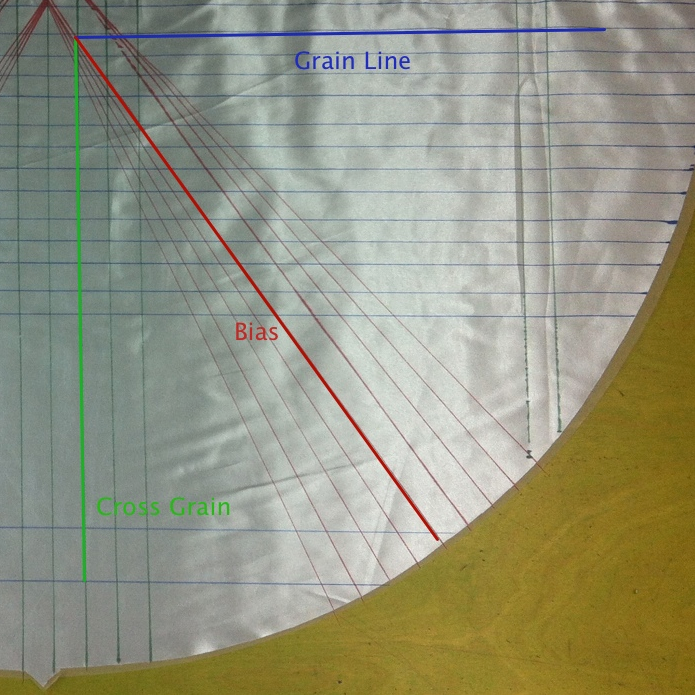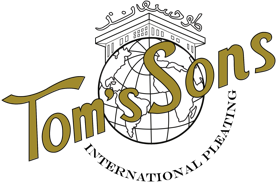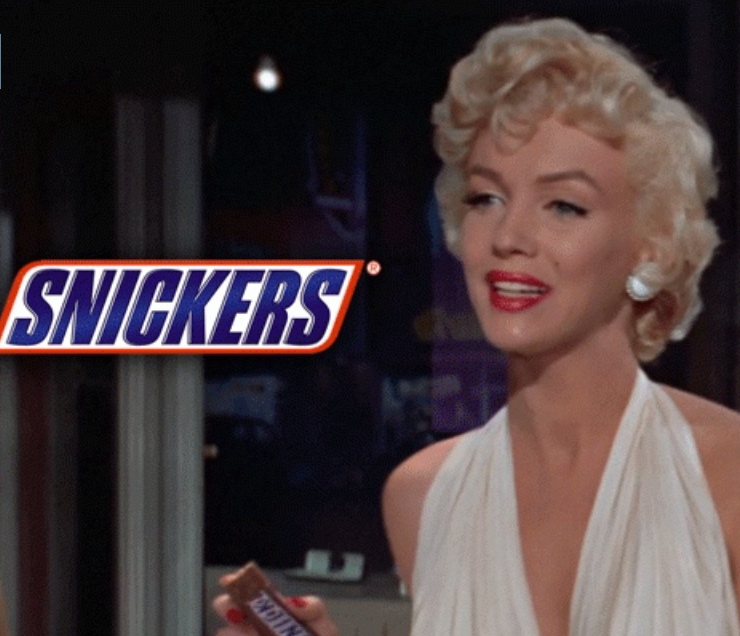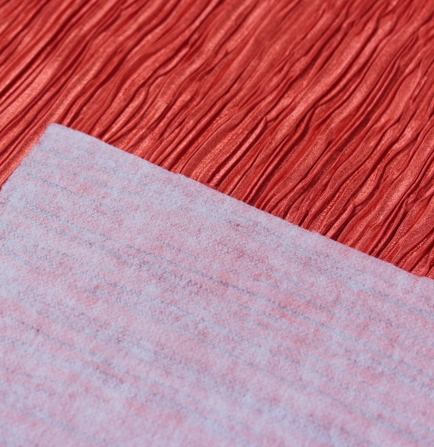
The Anatomy of Bias Circle Skirts
For those of you who thought I might as well be speaking Chinese when I described what happens to the grain line in a sunburst pleated skirt – this one’s for you!
As you know, there are three grains in a fabric and depending on the fabric, they can greatly effect your garment. The straight grain runs parallel to the selvedge, the cross grain runs across the width of your fabric, and the bias grain runs on the diagonal.
There are several reasons why understanding fabric grains is important. Let’s begin with the bias grain. Depending on the fabric you are using, the fabric will stretch on the bias grain. This is why it is impossible to cut a circle skirt and get the hem straight on the bottom from the first shot. In every fabric, the weave and weight of the yarn varies, and so the stretch is different. Pleated or not, circle skirts are always hemmed after they are stitched unless you are working with a stiffer fabric like taffeta. Another work around to hemming after is to adjust your pattern and keep cutting a skirt until you get the perfect pattern. However, if you change the fabric, your pattern will be useless.
If you understand the grain of a printed fabric, you can easily predict exactly how it will look when pleated (see the pictures below). Another reason for understanding fabric grains has to do with joining the side seams and center back zippers. That will be my next blog post.
First I cut out a semi-circle on white fabric. Then I drew three sets of lines using different colored sharpies.
BLUE = Grain line
GREEN = Cross Grain
RED = Bias
Below is a close up of half the semi-circle.
Below: The panel after it has been sunburst accordion pleated. See what happens to the grain lines. The red section got longer and the blue lines curved considerably.
Pretty Cool!






